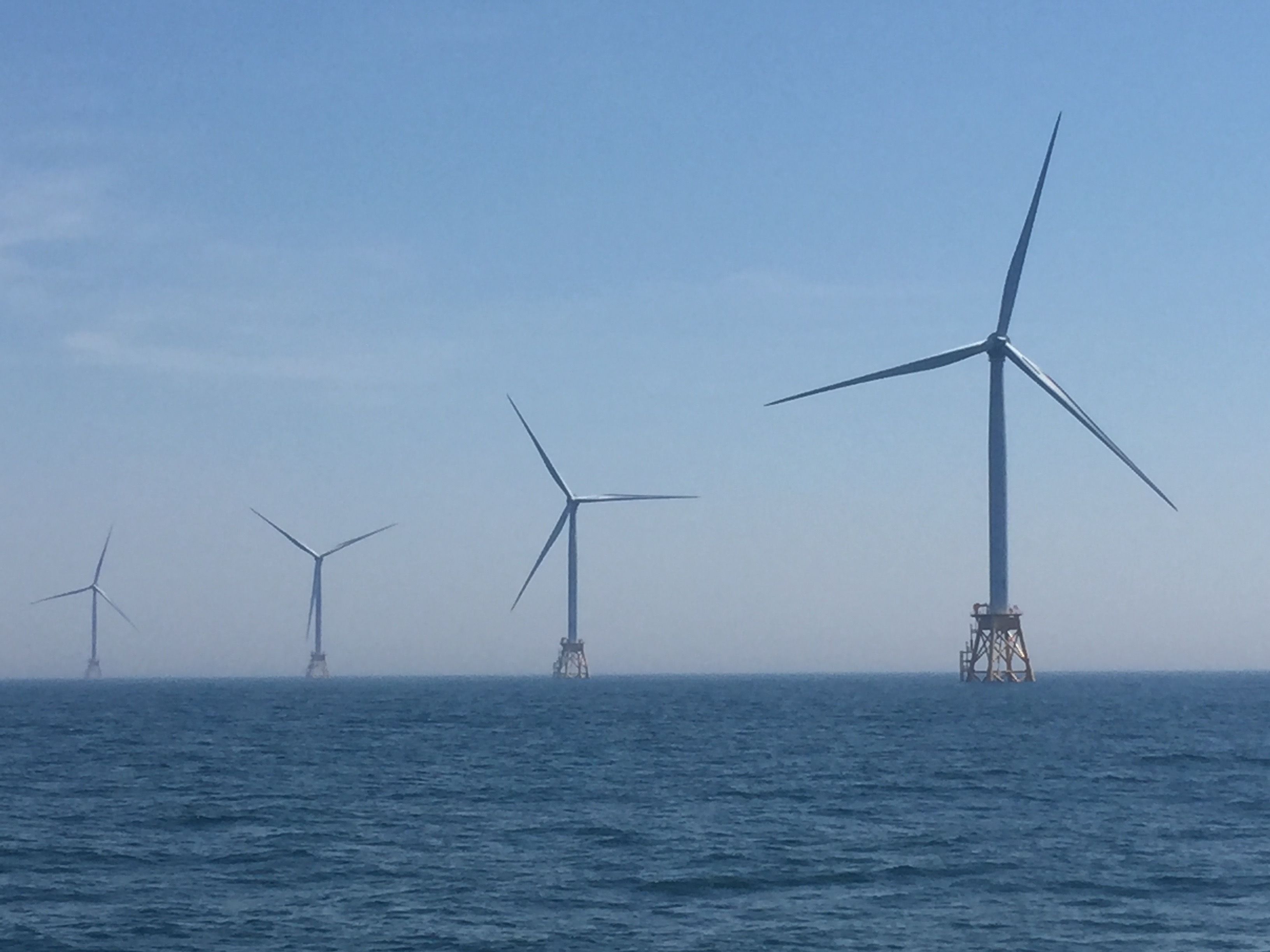
Published June 9, 2023
Trusting the Science Behind Offshore Wind
Editorial by Dr. Charles Clarkson, Director of Avian Research
Wind power is one form of renewable energy production that is being used to reach national emissions targets, and although considered a “new” form of energy production, it may surprise many to know that wind turbines have been producing clean energy in offshore locations for over 30 years. Over the course of this time, we have learned a great deal about wind power, its effectiveness and its limitations.
It should surprise no one that no technology exists without a downside. In the conservation community, we are concerned with the impacts of wind power on birds, bats, whales, fish and benthic communities. But, these are concerns we have had since the inception of the technology and today, a number of large and committed environmental organizations are working hard to identify the threats incurred by the technology and the best ways to mitigate those impacts. Many of these groups consist of researchers dedicated to the creation of smart siting protocols used to inform the placement and operation of wind farms in order to reduce the impacts of turbines on wildlife and habitats. These optimal siting assessments consider the foraging patterns and migratory routes birds, bats and whales use and the work that is being done to inform the industry will also elucidate a great deal about the lives of some understudied species (such as seabirds). The more we learn, the safer we can make the technology for the environment. The concerns about the long-term costs of offshore wind power to birds and other wildlife are valid, but we are learning more every day about these costs and, more importantly, how we can lessen them.
What we already know from over 100 years of oil and gas production is that this form of energy generation is responsible for contributing to biodiversity loss on a scale that is staggering. For example, approximately 500,000 birds die each year from oil spills alone across the globe (not to mention single large oil spill events, such as the 2010 BP Deepwater Horizon spill, which killed over 1 million birds; Ronconi et al. 2015). A report released in 2019 documented that the impacts of a warming climate from greenhouse gas emissions include the potential extinction of 350 species of North American birds.
With the growth of offshore wind in our state we are seeing large amounts of misinformation being disseminated to the public, concerning as it may sway public opinion against this form of renewable energy. In a world with increasingly erratic climate and rapidly dwindling natural spaces, we must move away from fossil fuels toward a cleaner form of energy production. The commitment of environmental organizations to monitor offshore wind development and provide research used to guide optimal siting is akin to placing the most responsible, compassionate and knowledgeable driver behind the wheel of a car already in motion.
We should all place our faith in the thousands of passionate and dedicated scientists and conservationists determined to make wind power as safe as possible. We need to trust the science, our future depends on it.
Resources
Materials and Recording from the March 20, 2023 panel discussion on offshore wind - by the RI Chapter of the New England for Offshore Wind Coalition
Discourses of Climate Delay in the Campaign Against Offshore Wind: A Case Study from Rhode Island - by the Brown University Climate and Development Lab
RealOffshoreWind.com - Answers to your questions regarding the current knowledge of the benefits and potential drawbacks of offshore wind energy development in the Northeast U.S.

















